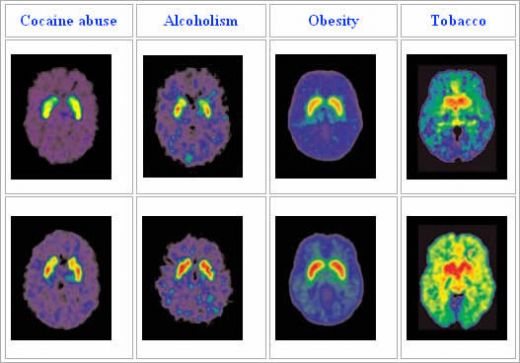Pedophilia, Preemptive Imprisonment, and the Ethics of Predisposition
The first two weeks of 2013 were marked by a flurry of news articles considering “the new science” of pedophilia. Alan Zarembo’s article for the Los Angeles Times focused on the increasing consensus among researchers that pedophilia is a biological predisposition similar to heterosexuality or homosexuality. Rachel Aviv’s piece for The New Yorker shed light upon the practice of ‘civil commitment’ in the US, a process by which inmates may be kept in jail past their release date if a panel decides that they are at risk of molesting a child (even if there is no evidence that they have in the past). The Guardian’s Jon Henley quoted sources suggesting that perhaps some pedophilic relationships aren’t all that harmful after all. And Rush Limbaugh chimed in comparing the ‘normalization’ of pedophilia to the historical increase in the acceptance of homosexuality, suggesting that recognizing pedophilia as a sexual orientation would be tantamount to condoning child molestation.
So what does it all mean? While most people I talked to in the wake of these stories (I include myself) were fascinated by the novel scientific evidence and the compelling profiles of self-described pedophiles presented in these articles, we all seemed to have a difficult time wrapping our minds around the ethical considerations at play. Why does it matter for our moral appraisal of pedophiles whether pedophilia is innate or acquired? Is it wrong to imprison someone for a terrible crime that they have not yet committed but are at a “high risk” of committing in the future? And if we say that we can’t “blame” pedophiles for their attraction to children because it is not their “fault” – they were “born this way” – is it problematic to condemn individuals for acting upon these (and other harmful) desires if it can be shown that poor impulse control is similarly genetically predisposed? While I don’t get around to fully answering most of these questions in the following post, my aim is to tease out the highly interrelated issues underlying these questions with the goal of working towards a framework by which the moral landscape of pedophilia can be understood. Read More »Pedophilia, Preemptive Imprisonment, and the Ethics of Predisposition


